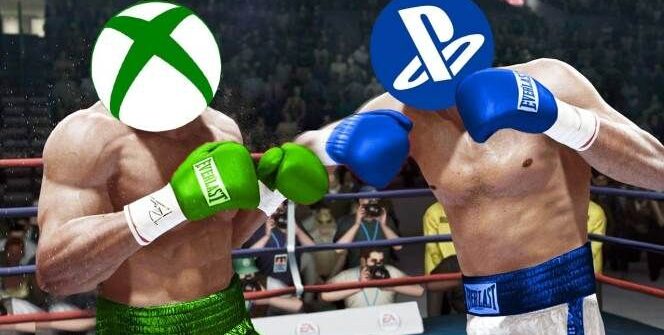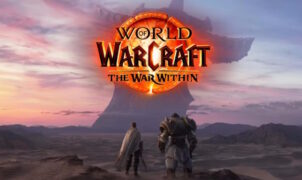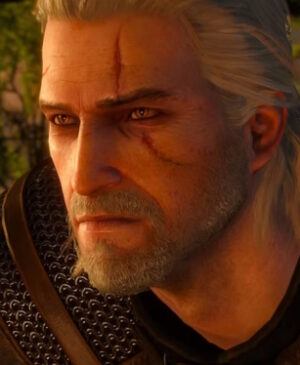And Activision Blizzard King CEO Bobby Kotick has also spoken out, smearing Sony…
We recently reported that Microsoft had subpoenaed Sony in a lawsuit brought against the Redmond-based company by the US Federal Trade Commission (FTC) (which said it would harm competition if the $68.7 billion deal allowed the tech giant to buy Activision Blizzard King). Sony was obliged to respond, and in a document the company treats Microsoft’s attempts as blatant harassment:
“Microsoft’s subpoena includes 45 document requests, 3 with subparts, for more than 120 separate document requests. These requests demand all documents related to nearly all aspects of SIE’s business, as well as extensive sets of sales, financial, and personal user data (e.g., user date of birth, country, and gender, for likely millions of users). It also has 52 defined terms and 21 instructions, most of which increase the subpoena’s breadth.
Ten of these requests seek materials going back more than 11 years. Even after intensive efforts by Sony Interactive Entertainment to negotiate scope, SIE estimates that providing just the custodial files SIE has offered from the Seven Custodians will cost approximately $2 million. And these documents are only a portion of what SIE has provided. More is not proportionate to impose on a non-party. […] Microsoft’s demand for performance reviews for SIE’s leadership is blatant harassment. Even in employment cases, courts require a specific showing of relevance before requiring production of personnel files,” Sony wrote. We can’t blame them. Kotaku wrote about how Judge D. Michael Chappell agreed with Sony…
Let’s also discuss Kotick’s interview with Fox Business. In it, he says something like Sony won’t return Activision’s Blizzard King calls but let Kotick speak: “I think what we’re experiencing right now are regulators who have minimal experience with our industry. There’s probably a lot of consolidation that could happen over time. It’s an extremely fragmented industry, and today the dominant players are Japanese and Chinese companies. And so I think as they learn about the industry, they realize that that’s an unfounded concern. You start with, ‘What even is Call of Duty?’ It’s a military simulation that’s based on military experiences through the course of history. There is nothing proprietary about that as an idea. If Sony, for example, wanted to make games based on [the] military, they have a film studio and a library of television programs that are all inspired—as they’ve just done with The Last of Us, this fantastic new show that’s on HBO. But they created this program from the ground up based on a video game. So there’s an enormous amount of competition. When regulators understand that, they’ll think about this transaction differently.
Sony’s not on the phone with us. They’re not returning our phone calls. And so I think one of the things that’s surprising to us is, this is the time where ordinarily we’d be talking about the future and new opportunities together for partnership, and they just haven’t been returning our phone calls. And so I don’t know that we’re as valuable as maybe they’ve represented to the regulators that we are. People have tried for years to create adaptations of video games, and they have not done that successfully. Sony’s enormous competitive advantages are its television and film capability and rich intellectual property library. And so they could do something that no other company has done. And I think they did it because they have an extraordinarily talented group of people at the developer that made the game. They were able to take advantage of resources of Sony. And this is something that Microsoft and we will have to compete against—and Microsoft doesn’t have a film studio, they don’t have a film library, they don’t have a television division, they don’t have a market share division of music that I think must be 35 or 40% market share of the music industry. [Sony] can use all of those assets in unique ways that Microsoft can’t do,” Kotick said.
Activision Blizzard’s chief communications officer Lulu Cheng Meservey wrote on Twitter in January that the success of The Last of Us would not hurt Sony if the Microsoft deal could go through…















Leave a Reply